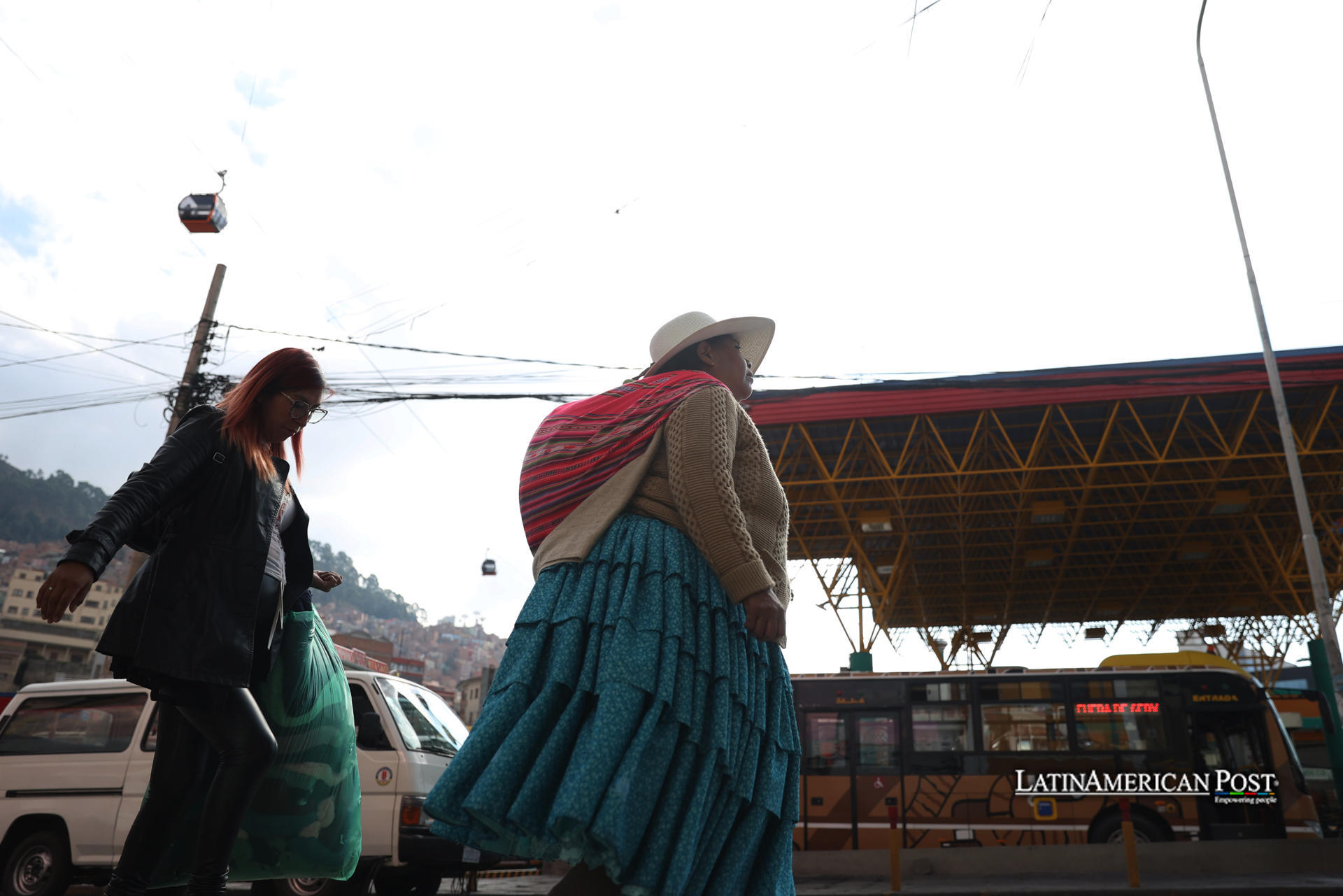Bolivia’s Judicial Elections in Peril Amid Legal Disputes

Bolivia’s much-anticipated judicial elections, scheduled for December 1, are at risk due to legal challenges from disqualified candidates. Delayed for over a year, these elections face mounting uncertainties as courts, political divisions, and international bodies weigh in.
Legal Challenges Cast Doubt on Elections
The judicial elections in Bolivia, postponed from 2023 due to legislative delays, now face fresh hurdles. Two disqualified candidates from the departments of Beni and Pando have filed legal challenges, declaring the election calls for Bolivia’s Supreme Court of Justice (TSJ) and the Plurinational Constitutional Court (TCP) “null and void.” These legal actions, filed in late October, are being reviewed by constitutional courts, adding further uncertainty to an already strained electoral process.
The Bolivian Electoral Tribunal (TSE) has publicly reassured the nation that the elections have neither been suspended nor canceled. An El Alto Constitutional Court ruling temporarily allows the electoral process to continue until further hearings occur. However, if the elections do not proceed, the Bolivian state faces a financial loss of 55 million bolivianos (about 8 million dollars) allocated for these elections. The uncertainty surrounding the situation has created further instability in Bolivia’s democratic institutions.
Electoral Delays and Political Friction
Initially set for 2023, the judicial elections were delayed due to the Bolivian Assembly’s failure to preselect candidates, a process hampered by political infighting. The TSJ and TCP elections, which would appoint Bolivia’s top legal authorities, were delayed after disagreements between the ruling Movement for Socialism (MAS) party and opposition groups. This delay caused Bolivia’s current magistrates to extend their terms beyond their official mandate, which expired in early 2024.
To prevent a “vacuum of power,” the Constitutional Tribunal extended the mandates of the sitting magistrates. This decision angered both opposition groups and members of the MAS, who viewed the extension as an attempt by the judiciary to maintain power. In January, a wave of protests ensued, led by supporters of former president Evo Morales, who called for the resignation of the magistrates and the prompt scheduling of elections. While the demonstrations did not force resignations, the electoral process resumed later that year, with elections now set for December.
Public Discontent and Protests
The decision to extend the judiciary’s mandate sparked widespread protests and blockades. Many saw this as a power grab by Bolivia’s judiciary, a view amplified by political tensions within the MAS. Evo Morales, who has had a contentious relationship with current president Luis Arce, accused the judiciary of circumventing Bolivia’s democratic process.
In early 2024, Morales’ supporters staged road blockades across the country, pressuring the government to expedite the judicial elections. The blockades caused significant disruption to daily life in Bolivia, but the protests ultimately failed to bring about immediate resignations from the judiciary. Instead, the legislative process to preselect judicial candidates resumed. However, with this new legal hurdle from disqualified candidates, the December elections once again hang in the balance, casting further doubts on Bolivia’s political future.
International Concern and Bolivia’s Judicial Crisis
The delay and continued uncertainty over Bolivia’s judicial elections have drawn concern from international organizations. The UN Special Rapporteur on the Independence of Judges and Lawyers, Margaret Satterthwaite, expressed alarm over the situation, stating that holding these elections is crucial to ensuring judicial independence in Bolivia. Similarly, the Inter-American Commission on Human Rights (IACHR) has called on the Bolivian government to guarantee the integrity of the electoral process, emphasizing the importance of transparent and fair elections.
Bolivia’s judicial system, which has long been criticized for being susceptible to political manipulation, faces further pressure as the possibility of a high percentage of null and blank votes looms large. This has been a recurring issue in Bolivia’s judicial elections, where many citizens see the process as manipulated by the MAS party, casting null votes in protest.
Also read: São Paulo University’s Rise: A Win With Regional Challenges Ahead
As the December 1 elections approach, around 7.8 million Bolivians are eligible to vote. However, the outcome remains uncertain, not only due to the pending legal challenges but also because of public distrust in the process. The question of whether Bolivia’s judiciary can emerge from this election with renewed legitimacy remains unanswered. If the elections fail to take place, the future of Bolivia’s judicial system, and its democracy, will be thrown into further turmoil.




